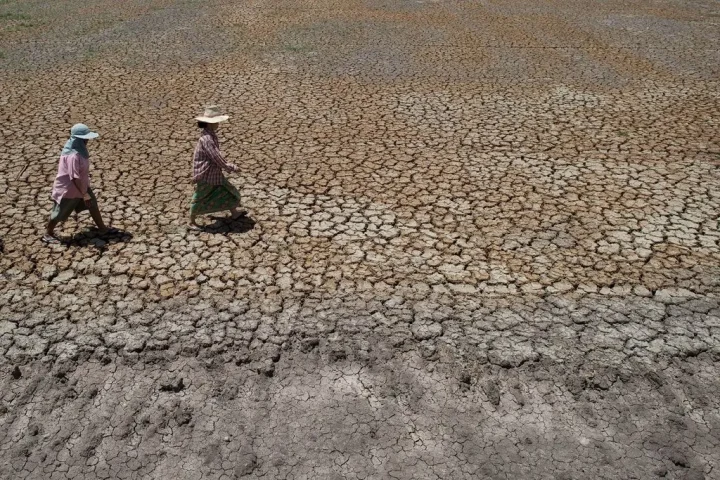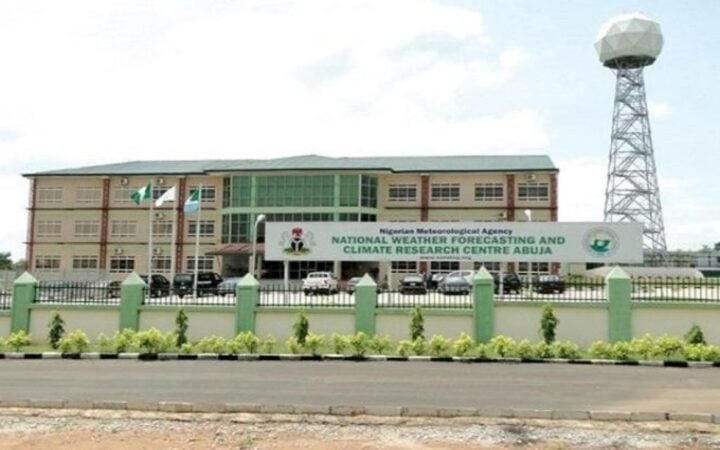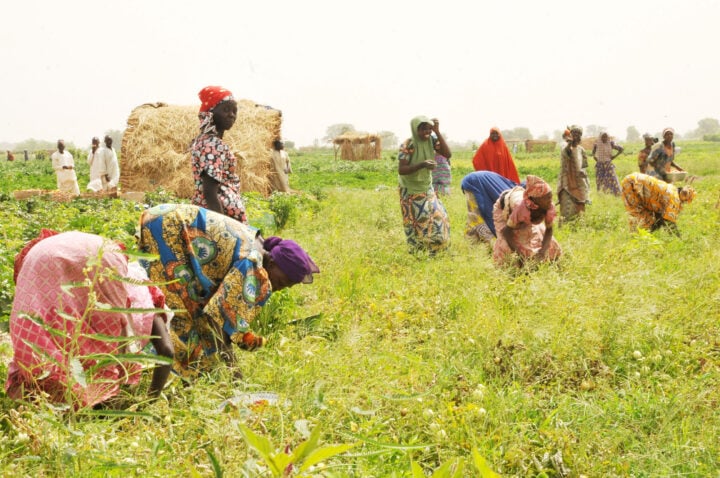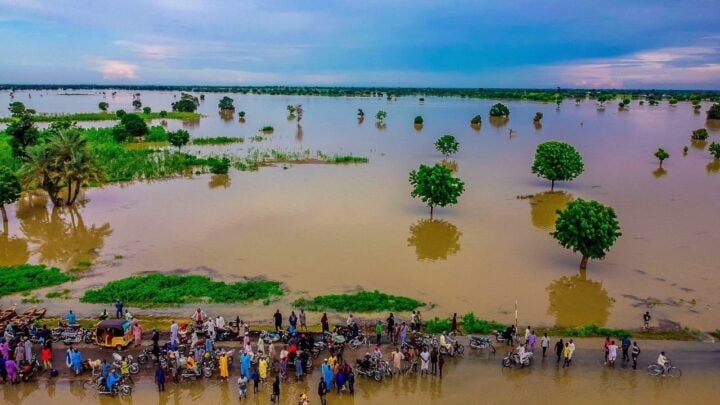Muhammad Abdullahi, minister of environment, says Nigeria’s climate finance opportunities can be increased by setting up a carbon market.
Carbon markets are trading systems where carbon emissions can be sold and bought for a price.
Speaking during a lecture in Abuja on Thursday, the minister said the establishment of a carbon market was provided for in Nigeria’s climate change act.
The market, he said, would ensure private sector engagement in climate action, adding that bridging the climate finance gap can only be achieved by private sector investment.
Advertisement
“There are obviously investment opportunities to expand national climate finance space with the new establishment of the climate change act in 2021 and its council which provides for establishing a carbon market,” NAN quoted him as saying.
“This will ensure private sector engagement alongside climate action.
“Nigeria took a bold step of finance, climate compatibility development, to the collaborations within the environment ministry and other systems of government and the capital market to issue sub-Saharan Africa first ever green bonds in 2017 and in 2018.
Advertisement
“As of 2019-2020, private sector investment accounts for 23 per cent of total climate finance committed. Bridging the Nigeria climate finance gap can only be achieved by the involvement of the private sector.”
The minister re-echoed the difficulty experienced by developing countries in accessing climate finance despite being critical to building resilience.
He mentioned that an additional $14 million is needed by 2025 for the global south to get on track with tackling climate change, saying “that is a huge challenge financially”.
“We have realised that resilience to the negative impact of climate change is beyond preparing or overcoming, coupled with erratic weather presentations and increased damaged infrastructure,” he continued.
Advertisement
“We need as a matter of urgency to fortify our socio-economic systems. A climate finance landscape study done for Nigeria in 2019 – 2020 shows that an average of $1.9 billion per year of public and private capital was invested in climate education activities in Nigeria. This is only 11 percent of the estimated $17.7 billion.
“The policy framework for climate mitigation and resilience building is currently a work in progress.
“However, to deliver sustainable economic growth, there is a big interest in climate finance struggle, financial and domestic, that will enable equitable access, national ownership, effective management, and monitoring.”
Advertisement
Advertisement
Add a comment





